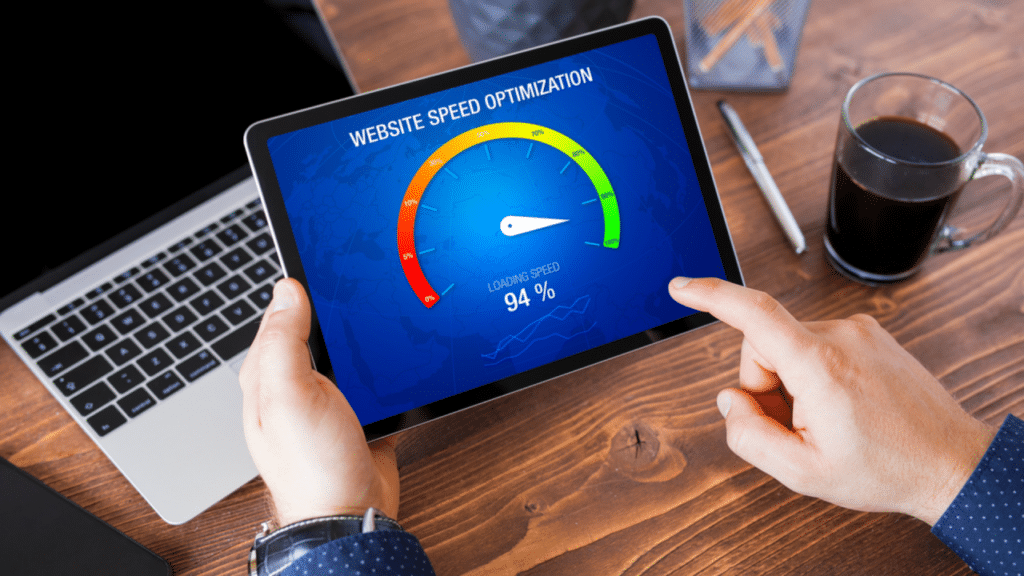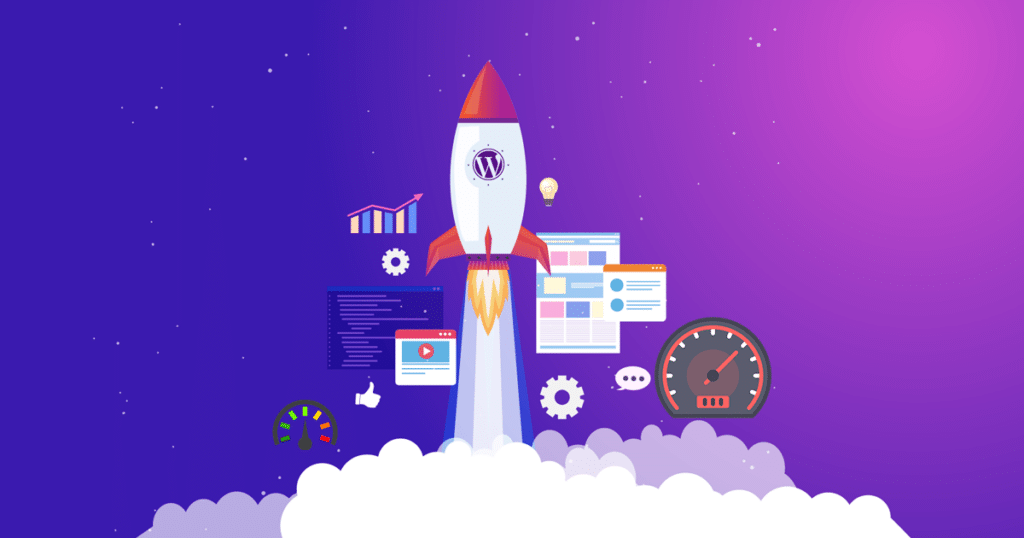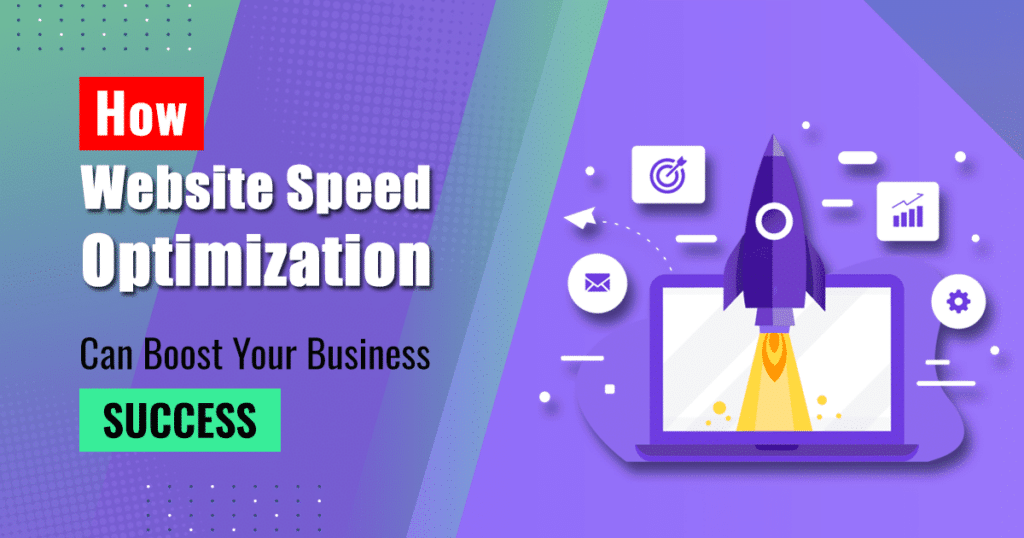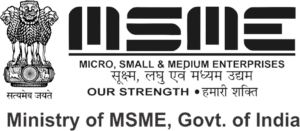Website speed optimization is the process of improving the performance and loading time of your website. It involves various techniques and strategies such as reducing the size of your images and files, using caching and compression, minifying your code, choosing a fast web host, etc.
Website speed optimization is not only important for your user experience and satisfaction, but also for your SEO (search engine optimization) and conversion rate. In this blog post, we will explain why website speed optimization is crucial for your business success and how you can optimize your website speed effectively.
Why Website Speed Optimization Matters for Your Business Success

Website speed optimization matters for your business success because it can have a significant impact on the following aspects:
- SEO ranking: Website speed is one of the factors that Google and other search engines use to rank websites. Faster websites tend to rank higher than slower ones, as they provide a better user experience and signal quality and reliability. By optimizing your website speed, you can improve your visibility and reach on search engines and attract more organic traffic to your website. According to Backlinko, the average loading time of a top-ranking website on Google is 1.65 seconds.
- Conversion rate: Website speed can also affect your conversion rate, which is the percentage of visitors who take a desired action on your website, such as signing up for a newsletter, making a purchase, filling out a form, etc. According to a study by Akamai, a one-second delay in page load time can result in a 7% reduction in conversions. By optimizing your website speed, you can reduce the bounce rate and increase the engagement and retention of your visitors. You can also improve your sales and revenue by providing a fast and smooth checkout process for your customers.
- Customer loyalty: Website speed can also influence your customer loyalty and satisfaction. According to a survey by Pingdom, 79% of online shoppers who experience a dissatisfying visit due to website performance issues are less likely to buy from the same site again. By optimizing your website speed, you can provide a positive and memorable user experience for your customers. You can also build trust and credibility with your customers by showing that you care about their needs and expectations.
How to Optimize Your Website Speed Effectively

Optimizing your website speed effectively requires a comprehensive approach that covers various aspects of your website design and development. Here are some of the best practices and tips that you can follow to optimize your website speed effectively:
- Use a fast web host: Your web host is the service that provides the server space and resources for your website. Choosing a fast web host can make a big difference in your website speed, as it can affect how quickly your website can respond to requests and deliver content. You should look for a web host that offers reliable uptime, fast loading time, adequate bandwidth, storage space, and security features. You should also consider using a CDN (content delivery network), which is a network of servers that distribute your website content across different locations and regions. A CDN can help you reduce the latency and improve the loading time of your website for users from different geographical areas.
- Reduce the size of your images and files: Images and files are some of the largest elements that can slow down your website speed. You should reduce the size of your images and files as much as possible without compromising their quality. You can use various tools and techniques such as image compression, image resizing, image format conversion, lazy loading, etc. to optimize your images and files for web performance. You should also avoid using unnecessary or excessive images or files that do not add value to your website content or design.
- Use caching and compression: Caching and compression are two techniques that can help you improve your website speed by reducing the amount of data that needs to be transferred between your server and browser. Caching is the process of storing copies of frequently accessed or static content on your server or browser so that they do not need to be requested or downloaded every time they are needed. Compression is the process of reducing the size of data by removing redundant or unnecessary information or using algorithms that encode data more efficiently. You can use various tools and plugins such as Gzip, Brotli, WP Rocket, etc. to enable caching and compression on your website.
- Minify your code: Minifying your code is the process of removing unnecessary or redundant characters such as spaces, comments, line breaks, etc. from your HTML, CSS, JavaScript, or other code files. Minifying your code can help you reduce the size of your code files and improve their readability and execution speed. You can use various tools and plugins such as HTMLMinifier, CSSNano, UglifyJS, etc. to minify your code files automatically or manually.
- Optimize your plugins and themes: Plugins and themes are some of the most common features that can enhance the functionality and appearance of your website. However, they can also affect your website speed negatively if they are not optimized or updated properly. You should avoid using unnecessary or outdated plugins or themes that can cause conflicts or errors on your website. You should also update your plugins and themes regularly to ensure that they are compatible and secure. You should also test your plugins and themes for their impact on your website speed and performance and remove or replace the ones that are causing issues.
Conclusion
Website speed optimization is crucial for your business success, as it can help you improve your SEO ranking, increase your conversion rate, and enhance your customer loyalty. It can also give you a competitive edge over your rivals who may have slower websites.
Website speed optimization requires a comprehensive approach that covers various aspects of your website design and development. You should follow the best practices and tips that we have shared in this blog post to optimize your website speed effectively.
If you are looking for a professional and experienced web development agency that can help you with website speed optimization services for your website project contact us today! We have the skills and expertise to make your website fast and powerful.


